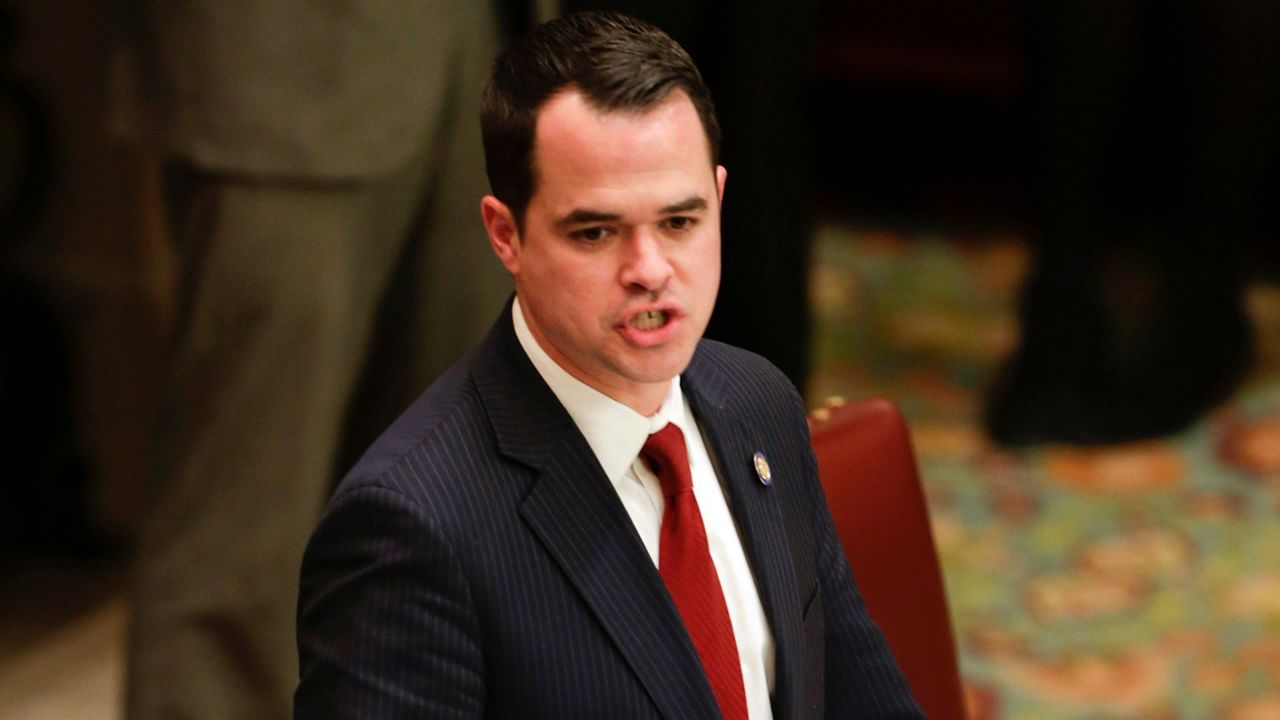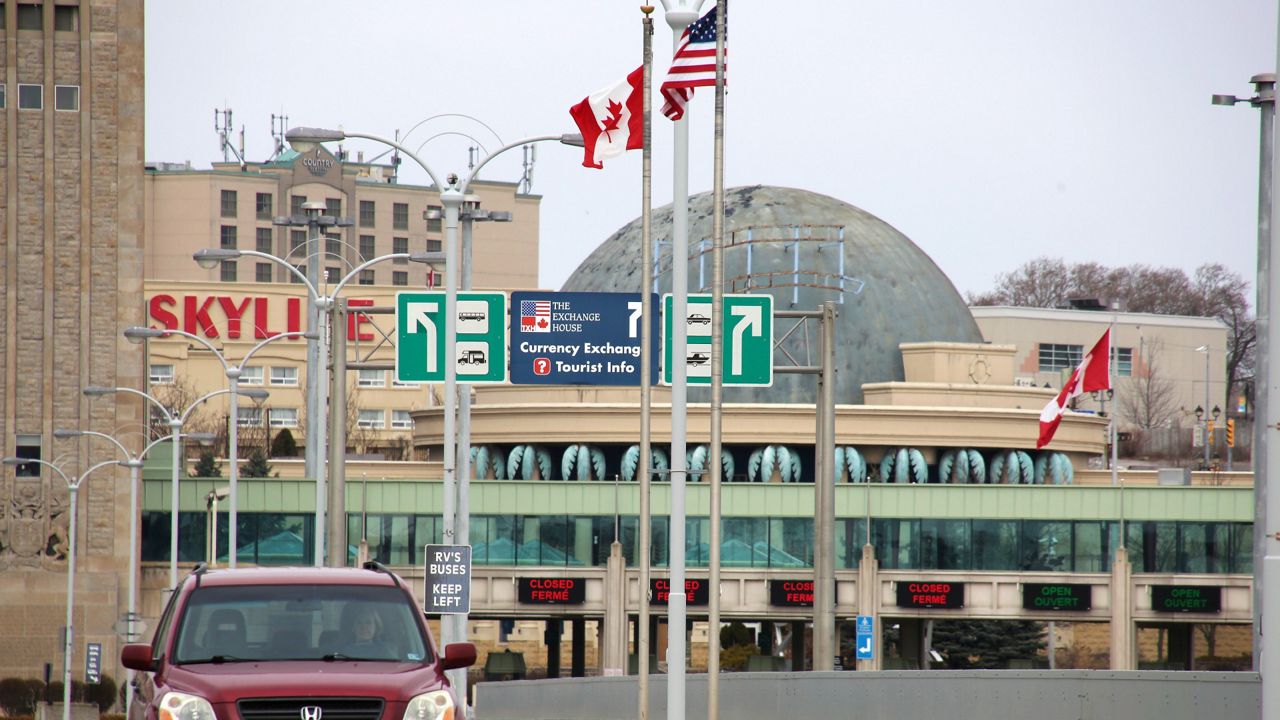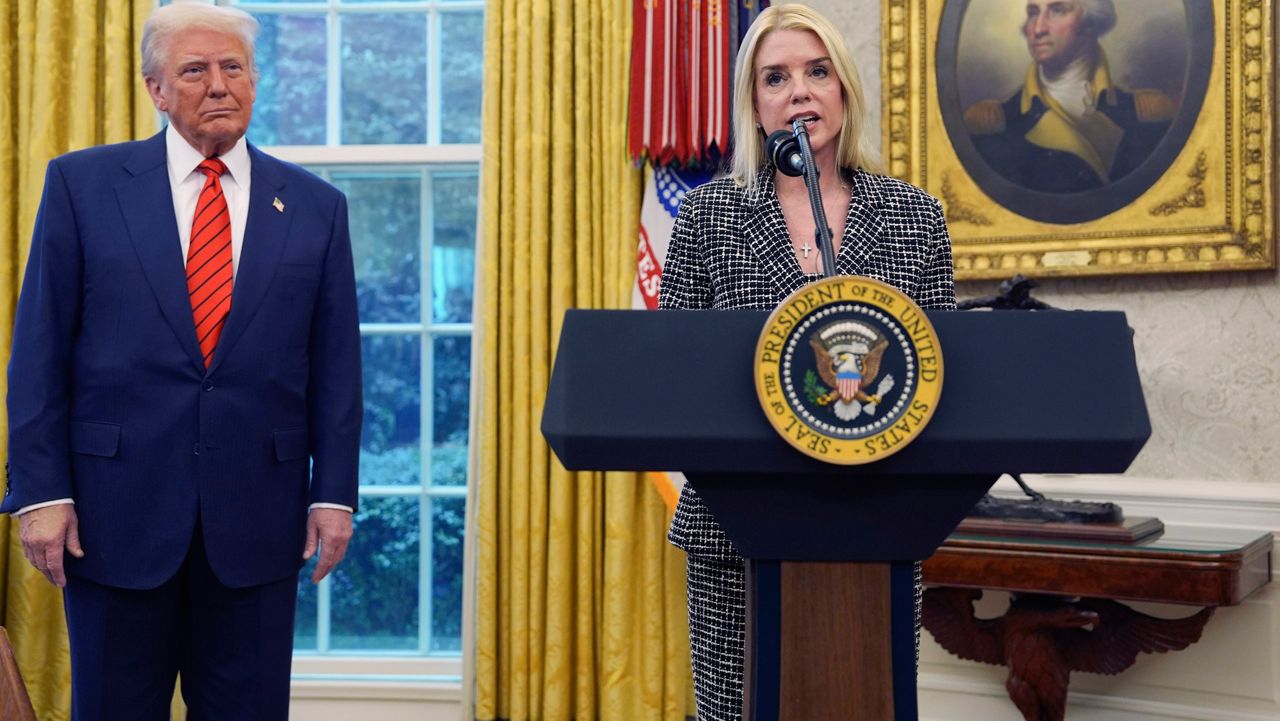BUFFALO, N.Y. -- Of the 90 candidates who ran in state Legislature primaries last week, 75 opted in to the state's new public campaign financing system.
New York Public Interest Research Group Executive Director Blair Horner said, as usual, incumbents were largely successful in protecting their lines.
"A lot of candidates participated but did the new system dramatically change the outcome? I think the answer is probably no," Horner said.
NYPIRG was a staunch advocate for the new system with the goals of limiting the influence of large donors and encouraging new candidates to run. Horner said, at least for the latter, it appears a success.
"There were serious challenges to sitting incumbents that may or may not have happened without public financing," he said.
The executive director said the Democratic primary for the 109th Assembly District is one race in which the impact seems most obvious. With no incumbent, all six candidates opted into the system and winner Gabriella Romero was one of the first candidates in the state to reach the cap for matching funds for the primary.
"I think that's where you might see more of the benefit as well is where there's no incumbent in the race," Horner said.
Romero said maximizing the system quickly was effective for the campaign.
"And (it) really was a great strategy and helpful strategy to maximize the impact of this program and really show that folks that don't come from extreme wealth or have high powered connections can still make it in a campaign and win," she said.
Horner said the public should get a better view of the system's impact in November with more candidates and challengers in the mix and a larger voter turnout.
"When it comes to campaign financing, thanks to the U.S. Supreme Court, there is no silver bullet to make the system work but there are things that you can do to make the system work better and this is one of them," he said.
Horner said he also believes its important for lawmakers to host public hearings about public campaign financing after all the elections are over to examine what is working and what is not.










